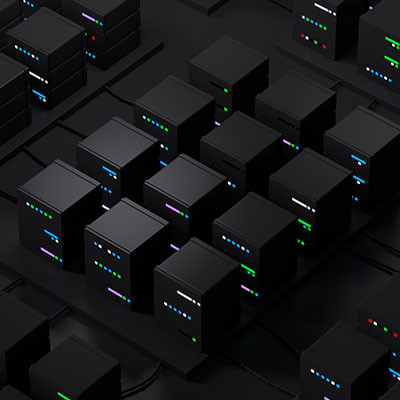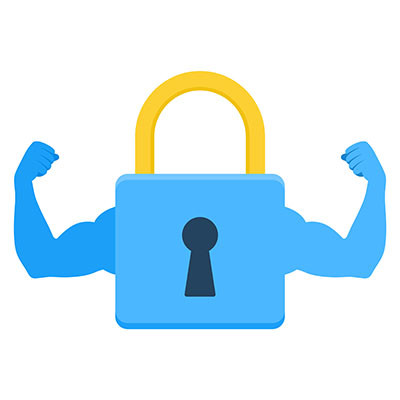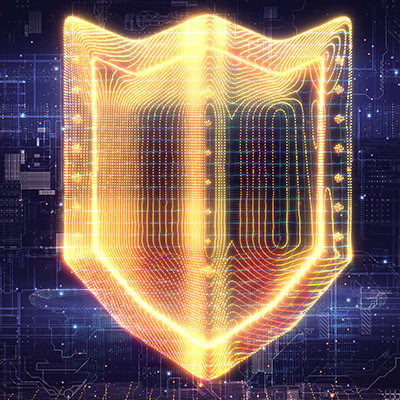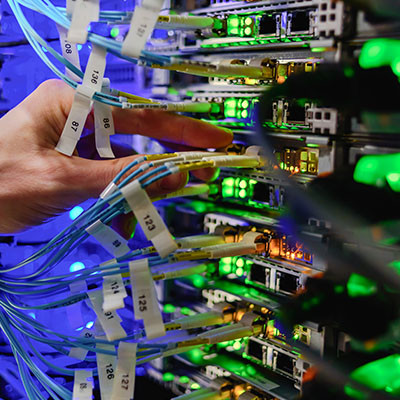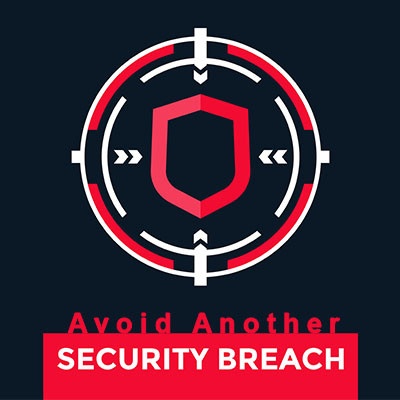When your smartphone battery dies, you’re left feeling inconvenienced and, likely, pretty annoyed. Unless you’re carrying your charger on you at all times, you’ll need to find a solution to your battery charge issues. The solution, like with many other technological issues, is to be proactive and take action to keep your battery from dying in the first place. That’s what we’re here to discuss today.
Phantom Technology Solutions Blog
Are you sure that your business can control all of its data? Are you absolutely certain that it can be accessed when needed? Can you guarantee that it’s as secure as humanly possible, wherever it happens to be? You should be able to answer these questions with an unequivocal and resounding “yes,” yet central data management is far from a simple task.
If your business could go about its daily tasks without having to worry about technology, you would find yourself suddenly much more productive and efficient. Think of all the time and money you could save by not reacting to technology problems. With the right tools and approaches, your company can make great strides toward a more proactive technology management model.
Cybersecurity is complicated, with countless moving parts that all contribute to a well-protected network. This includes password changes, multi-factor authentication, and policies and procedures that could make the average workday a headache for the average office worker. Cybersecurity burnout is a real thing, and it’s becoming a major problem for businesses that don’t approach it intentionally.
All companies have policies in place which govern how their employees use their technology, so it makes sense that any new employees should be onboarded in accordance with these expectations. Let’s go over how you can make sure your new employees know and understand your organization’s policies as they relate to business technology.
The prevalence of technology in even mundane, everyday tasks means that more scams are out there to take advantage of unsuspecting victims. Hackers will do everything they can to take advantage of vulnerabilities in your systems, as well as cracks in your employees’ technological know-how. One way you can take the fight to them is by reinforcing appropriate password security measures.
If you find yourself in a position where your business has been hacked, it can be devastating for productivity and efficiency, not to mention the security of your company’s assets—personnel or otherwise. It’s quite easy for even seasoned professionals to expose themselves to these attacks, so how should you respond if you’re the one who has been hacked? That’s what we’re going to discuss today.
Your business might have a full-time IT person, but it also might not have one, and in cases like this, you might find yourself waiting to call your go-to person until you are experiencing a full-blown problem. The reality is that your internal, non-IT staff should not be responsible for the job of your IT department, and if you are relying on someone externally to handle your technology help, then you’ll want to make sure they tick all of the following boxes.
Regardless of the business attempting it, data migration (or the process of moving data and systems to a new piece of infrastructure) is critical to get right. One way to improve your chances of success is to create and follow a migration strategy, evaluating it as you go. Let’s walk through some practices involved in doing so.
Unfortunately, some businesses have had to learn the hard way in order to pay attention to their business’ cybersecurity efforts. These cautionary tales aren’t lost on many business owners, but in some cases, they are still ignored. That’s where we come in. Today, we thought we would go through some basic things that any organization needs to know to keep their business safe.
Cybersecurity definitely needs to be a point of emphasis for any business who relies on technology, after all if you suffer a data breach, it can have a direct impact on the way your business is viewed by potential customers or it can even have an effect on the way that you are able to operate. In order to keep your business secure online you need to depend on your staff. Like it or not, they are a major part of your business’ cybersecurity system and if they aren’t trained properly and understand their role, your business is low-hanging fruit for hackers.
Whether you are sitting on a warm beach, taking a scenic train ride out into the countryside, or camping at the foot of a mountain, a vacation can be a great way to disconnect from the everyday buzz of work and screens. Although, if you are like me, you probably bring a few screens with you… let’s assume you keep it to a minimum. Either way, it’s important to not set yourself up for failure when you get back.
We’ve all been in the position where we need to plug something in, but the outlet is completely full. Fortunately, there are devices that can help resolve this problem—but as is the case with most things, one option is notably better for business purposes. Let’s go over what makes a power strip different from a surge protector, and why the latter is a far better option for businesses.
Depending on the technology, you might find that a wired connection will serve you better than a wireless one. Therefore, it becomes critical to know how to connect various cables to endpoints around your office. Today, we wanted to give you three practices that will help you ensure that cables are laid effectively and efficiently in your office. By sticking to these, you’ll be able to connect components to your network with ease.
The modern business is faced with countless challenges that threaten its existence, many of which stem from the problems associated with network security. If a business doesn’t have policies, procedures, and solutions in place that protect its data and network, it is making a fatal mistake. Here are five suggestions we have for how you can ensure your network is best protected from security threats.
Efficiency is great, but it should never come at the cost of boundaries. A perfect example of this is your work email address. It might be easy to use it to subscribe to an online service, like Netflix, but this is far from the best idea. Let’s take a look at why it might be a bad idea to breach these boundaries between your personal life and your work life, and why it might have lasting consequences.


